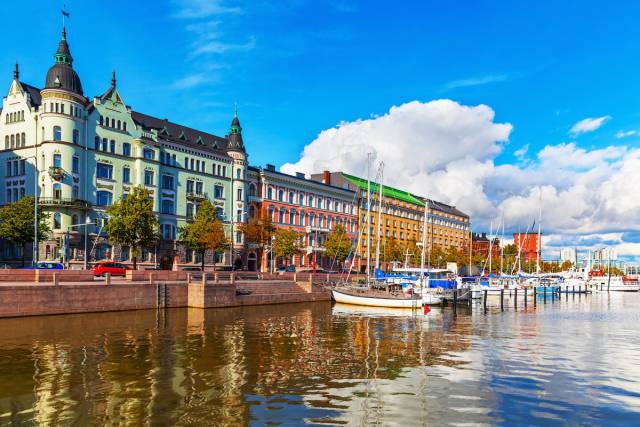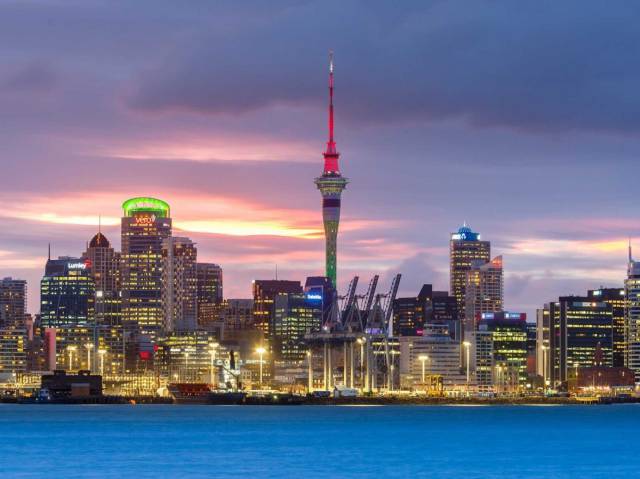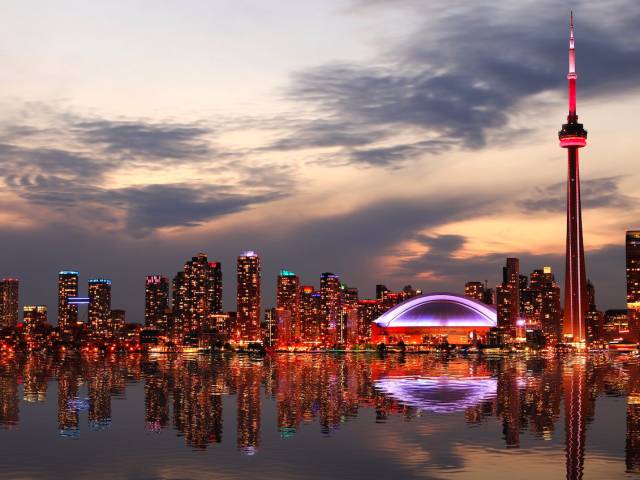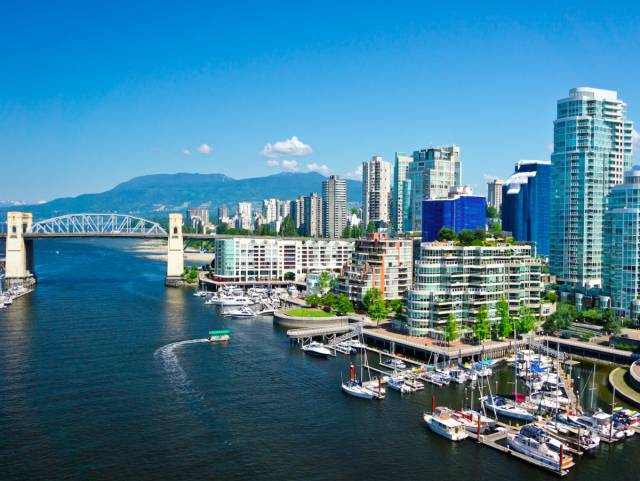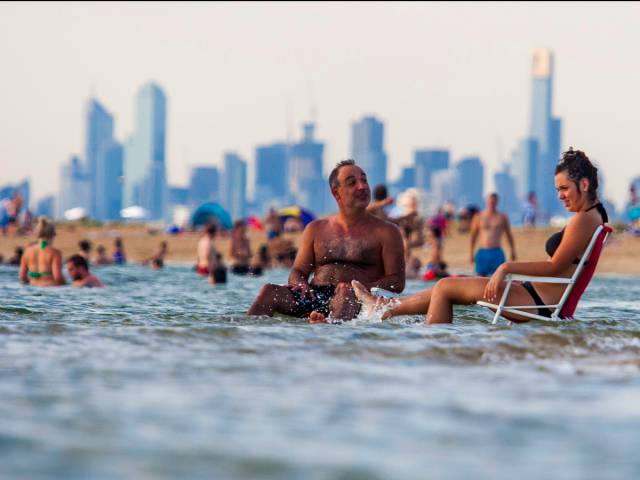The Economist Intelligence Unit surveyed 140 cities to see where best and worst living conditions are. The ranking takes into account such factors as safety, healthcare, infrastructure, education as well as the threat of terrorism. The highest score a city can make is 100.
9. Helsinki, Finland — It is only one of two European cities to make the top nine list. It scored full marks for stability and healthcare and highly across culture and environment, infrastructure and education.
8. Auckland, New Zealand — The city scored full marks for education but narrowly missed being seventh in the charts due to a score of 92.9 for infrastructure.
7. Perth, Australia — This is one of three Australian cities to feature in the top nine, thanks to perfect 100 scores across healthcare, education, and infrastructure.
T=5. Adelaide, Australia — This city slinks into the top nine most liveable cities in the world due to its high scores across the board, and because Sydney dropped out of the top rankings. This is due to "owing to a heightened perceived threat of terrorism."
T=5. Calgary, Canada — This is one out of three Canadian cities that ranked near the top of EIU's survey and tied with Adelaide in Australia. It scored 100 for stability, healthcare, and education.
4. Toronto, Canada — The most populated city in Canada got an overall score of 97.2 but missed out on ranking higher due to its infrastructure score dragging it down.
3. Vancouver, Canada — The major Canadian city received 100 for culture and environment, healthcare, and education and nearly perfect scores for stability.
2. Vienna, Austria — The city is one of only two European cities to make the top nine list with a score of 97.4.
1. Melbourne, Australia — The country's coastal city is testament to EIU's assessment that "those that score best tend to be mid-sized cities in wealthier countries with a relatively low population density. These can foster a range of recreational activities without leading to high crime levels or overburdened infrastructure."

